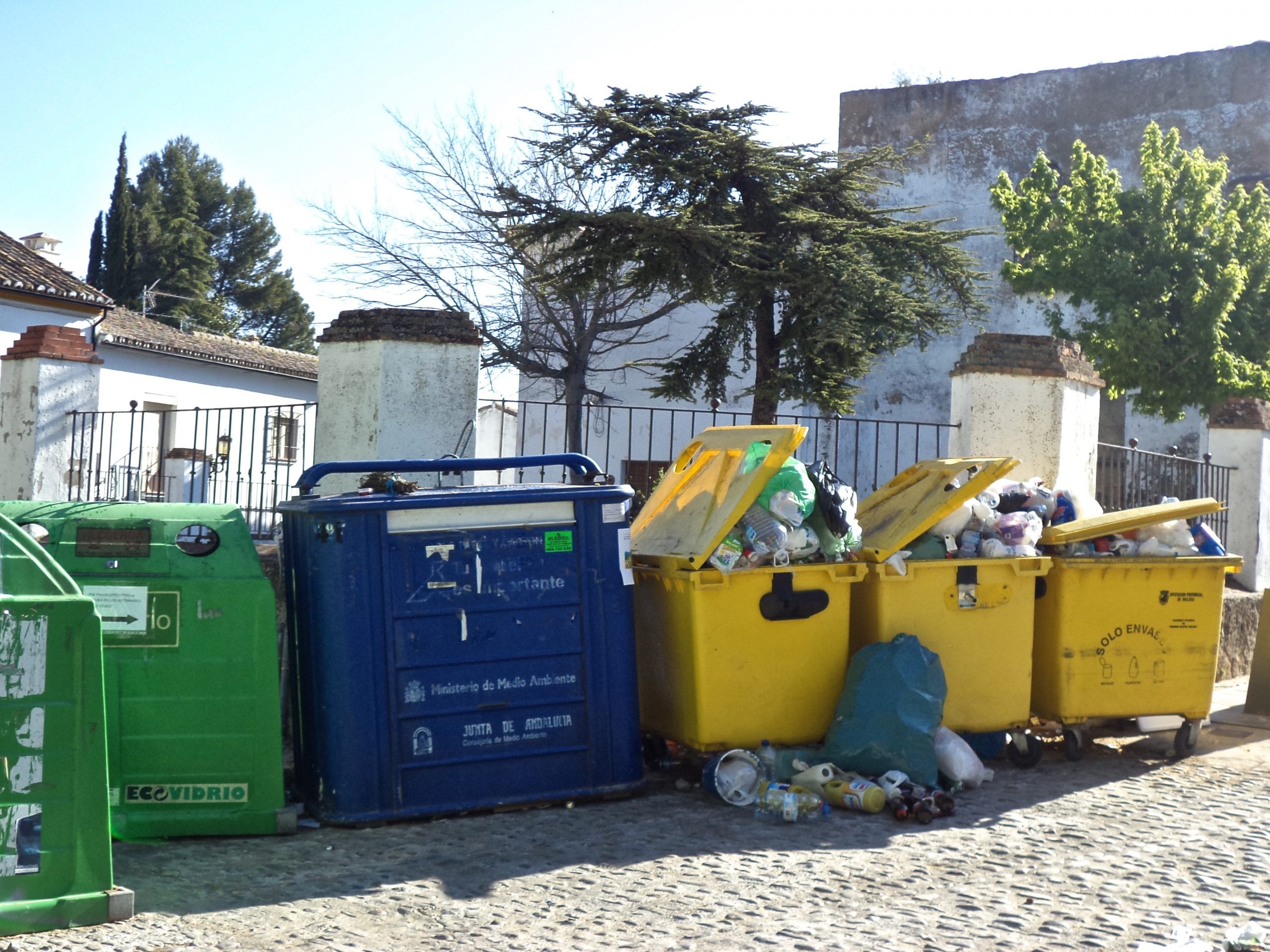Spaniards and expats can look forward to a much stricter set of rules on disposing of their waste from next year once a new law comes into force.
The Waste Management Act (Ley de residuos y suelos contaminados), which was passed last April, will bring a whole host of new requirements on individuals and businesses in an effort to get a grip on Spain’s relatively poor environmental record.
The goal of the law is to make recycling the norm in a country which fails to do so for over 80% of its waste.
Spain produces 455kg of waste per person, according to the Global Waste Index for 2022, but only recycles 86kg.
This makes Spain thoroughly mid-table in terms of its waste management, ranking in 23rd place out of 38 nations surveyed, sandwiched between Colombia and neighbours Portugal.
As such, restaurants will be required to offer customers tap water free of charge in order to cut down on the use of plastic bottles.
Yet, as anyone who lives in Spain will know, not only does the tap water taste tinny and chemically, but there’s also some doubt as to whether it’s safe to drink at all.

The EU has repeatedly called Spain out on its water treatment processes, which results in the huge increase in plastic bottle use by the general populace.
A new tax is also to be imposed on single-use plastic containers, and another levy on waste that is consigned to landfill and incineration.
The target is to get Spanish waste numbers to just 15% of its 2010 levels by 2030.
Other rules require restaurants and supermarkets to reduce their waste to a minimum by offering customers the option of taking unfinished food home, donating leftover food or having it processed into animal feed.
The law is the brainchild of socialist Prime Minister Pedro Sanchez and the PSOE, but the burdens that the new rules place on businesses and local councils has triggered a backlash.
Isabel Diaz Ayuso, the conservative head of the regional government in Madrid, recently likened Sanchez’s policies to sectarianism and communism.
Despite Spain’s poor record on waste management and the growing need to take action to stymie climate change, the law is likely to be re-examined if, as expected, Sanchez is booted out of power in the general election next year.








